
Soul of Soil is a joint advocacy project of the Ministry of Economy of Ukraine, the United Nations Development Programme (UNDP) in Ukraine, the Moim.Ridnym (“To the Loved Ones”) social enterprise, and Ukrainian chef and influencer Olga Martynovska. This project, through culinary arts, aims to draw attention to the problem of Ukraine's territory being contaminated with mines and other explosive devices, explain how this affects Ukraine's economy and global food security, and showcase the positive changes and results in demining, achieved notably through the use of innovative technologies.

Cooking “the world's most valuable meal” with Olga Martynovska
Olga Martynovska, a Ukrainian chef and influencer, is a winner of the most popular culinary show in Ukraine, “MasterChef,” and studied at France’s Le Cordon Bleu culinary school. Her name is included in the “MOF 2017 – The Best Chefs of France” book as best foreign chef. Olga is from Mykolaiv Oblast, some of which was under occupation for a significant time. She joined the project to draw the global community's attention to the issue of demining lands that currently feed the world. Olga visited her native Mykolaiv Oblast to prepare a traditional Ukrainian appetizer made from vegetables grown on already demined lands, and to bake palianytsias (a traditional type of Ukrainian bread) from local grain. This is effectively the most valuable meal in the world, as nearly 6,000 hectares of land had to be demined to create it, using specialized equipment, and with financial support from international partners. Such is the cost of Ukrainian bread and global food security today.
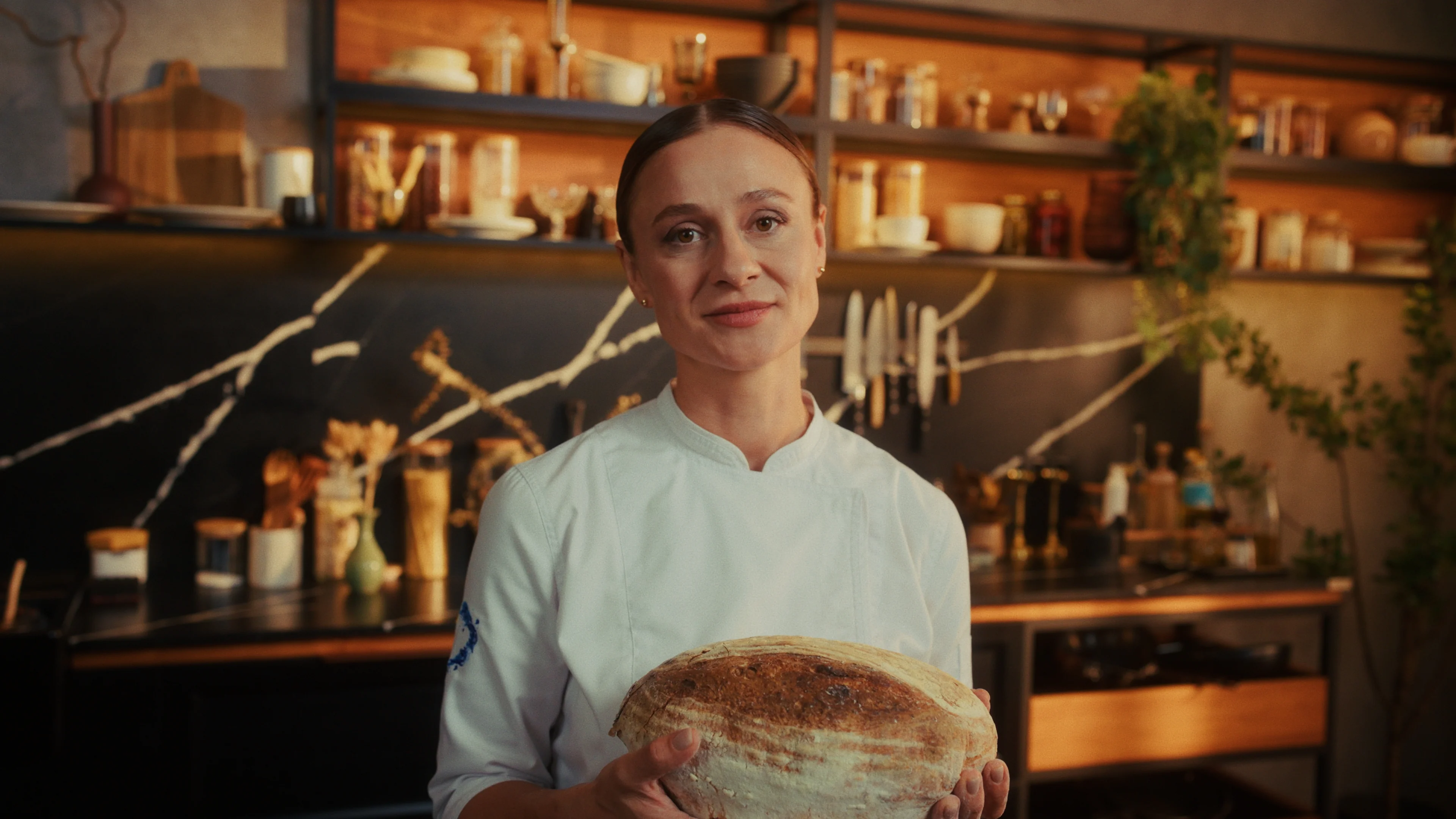
“At what cost, what risks people take to grow grain so that I can then make a palianytsia bread! It’s impossible to put a price on this bread as its cost includes the price of life.”
Chef Olga Martynovska
Still, anyone can make this appetizer!
Vegetable Appetizer Recipe: (For 10 servings)
Zucchini — 2 kg Carrots — 500 g Onions — 500 g Tomato paste — 100 g Sunflower oil - 100 ml Salt — 15 g Sugar — 20 g Apple cider vinegar - 1-2 tbsp (to taste) Water - 250-300 ml
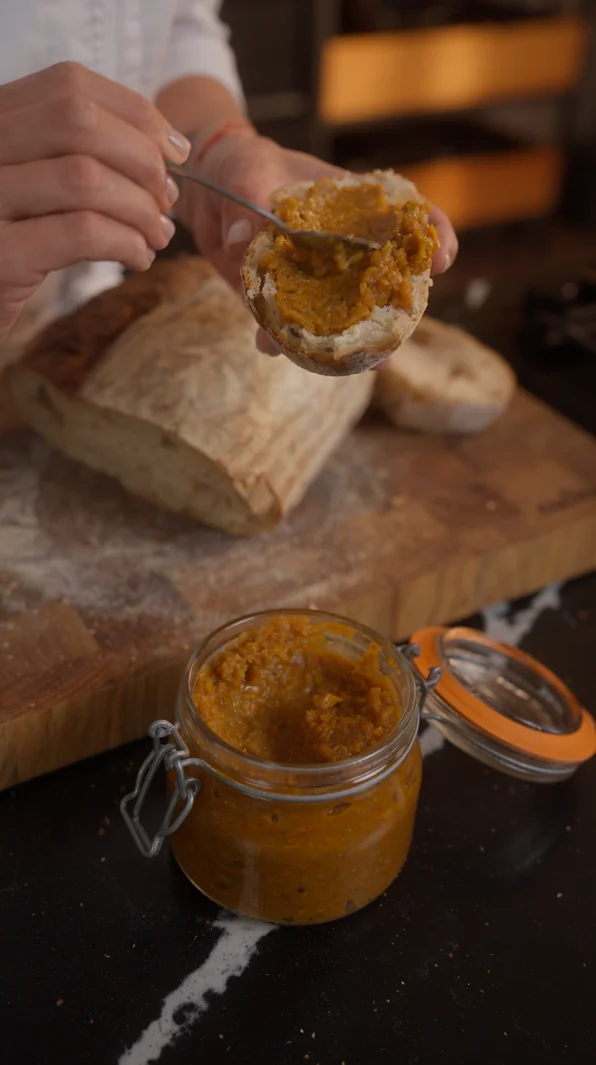
Grate the zucchini on a large grater, squeeze out excess juice. Grate the carrots on the same grater. Chop the onions into small cubes or half rings so that they stew nicely. Heat the sunflower oil in a frying pan or pot and fry the onions until translucent. Add the carrots, zucchini, and stew with tomato paste. Add salt, sugar, and pepper to taste. Mix well and add water. Bring to the boil and cover. Stew for 2-3 hours until all of the vegetables are soft. Add the vinegar and cook for another 2-3 minutes. If desired, you can blend the mixture with a blender or leave it in chunks so the different vegetable textures can be felt. Serve with a piece of freshly baked aromatic palianytsia bread.
A saved ear of wheat can feed the world
Ukraine is among the top ten wheat producers in the world. Fifty-seven countries, including Spain, Romania, Indonesia, Turkey, and Egypt, import Ukrainian grain. Among the main consumers are the countries of the “Global South,” such as Somalia, Yemen, Nigeria, Sudan, and Ethiopia. Just one ship carrying 50,000 tons of Ukrainian wheat can feed the country of Somalia for a month! In 2021, Ukraine’s wheat harvest was 32.2 million tons. In 2023, it was 22.2 million. But thanks to the humanitarian demining of territories that were under occupation, this figure is steadily rising. Up to 30% of Ukraine's territory was potentially contaminated with mines and unexploded ordnance after the start of the full-scale invasion. Today, this figure has already been brought down to 23%. Since the start of the Russian invasion, nearly 35,000 square kilometers of land, including agricultural areas, have been returned to use. This is approximately 5.7% of Ukraine's entire territory. In terms of the size of countries, it is an area larger than Belgium
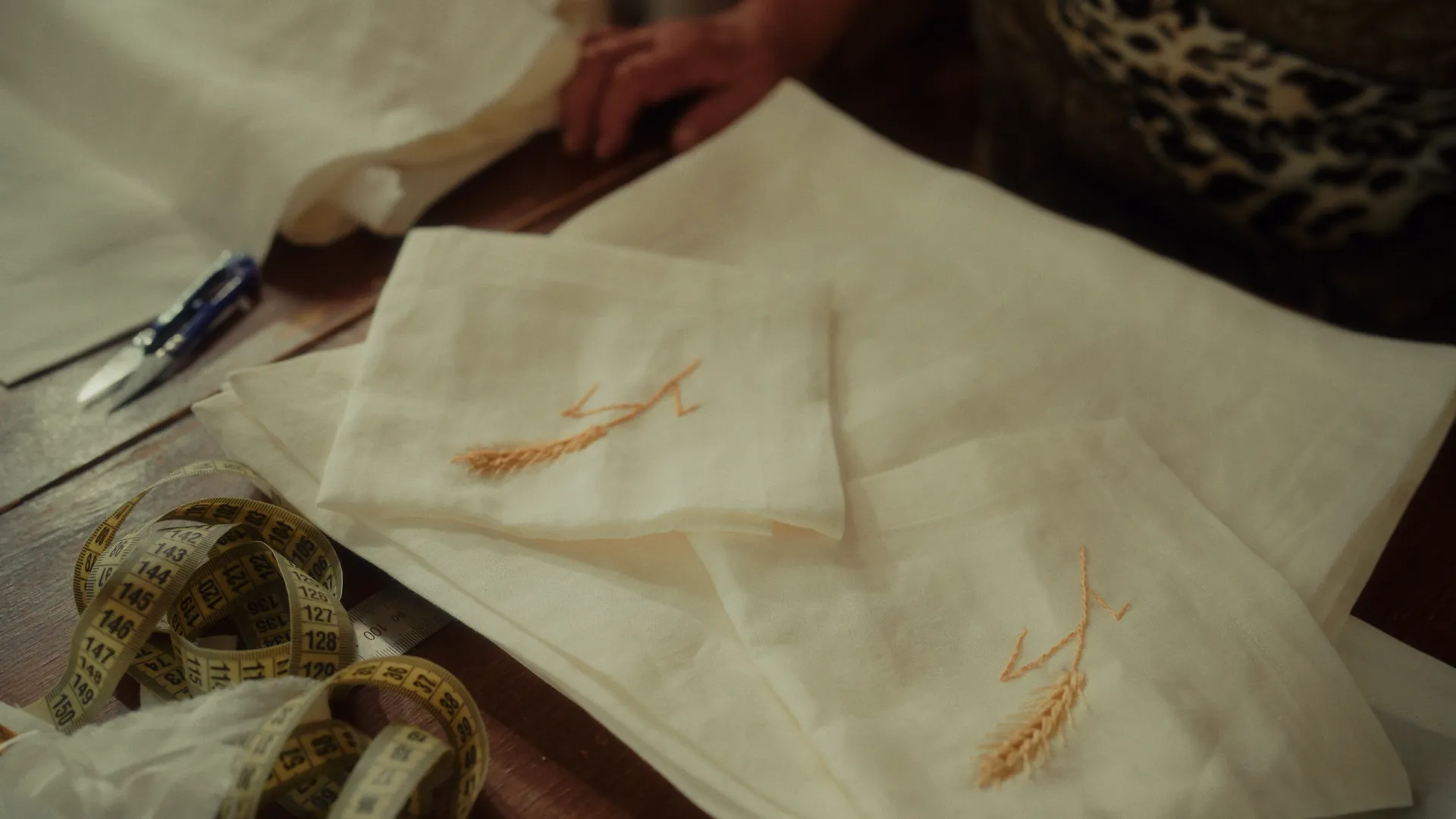
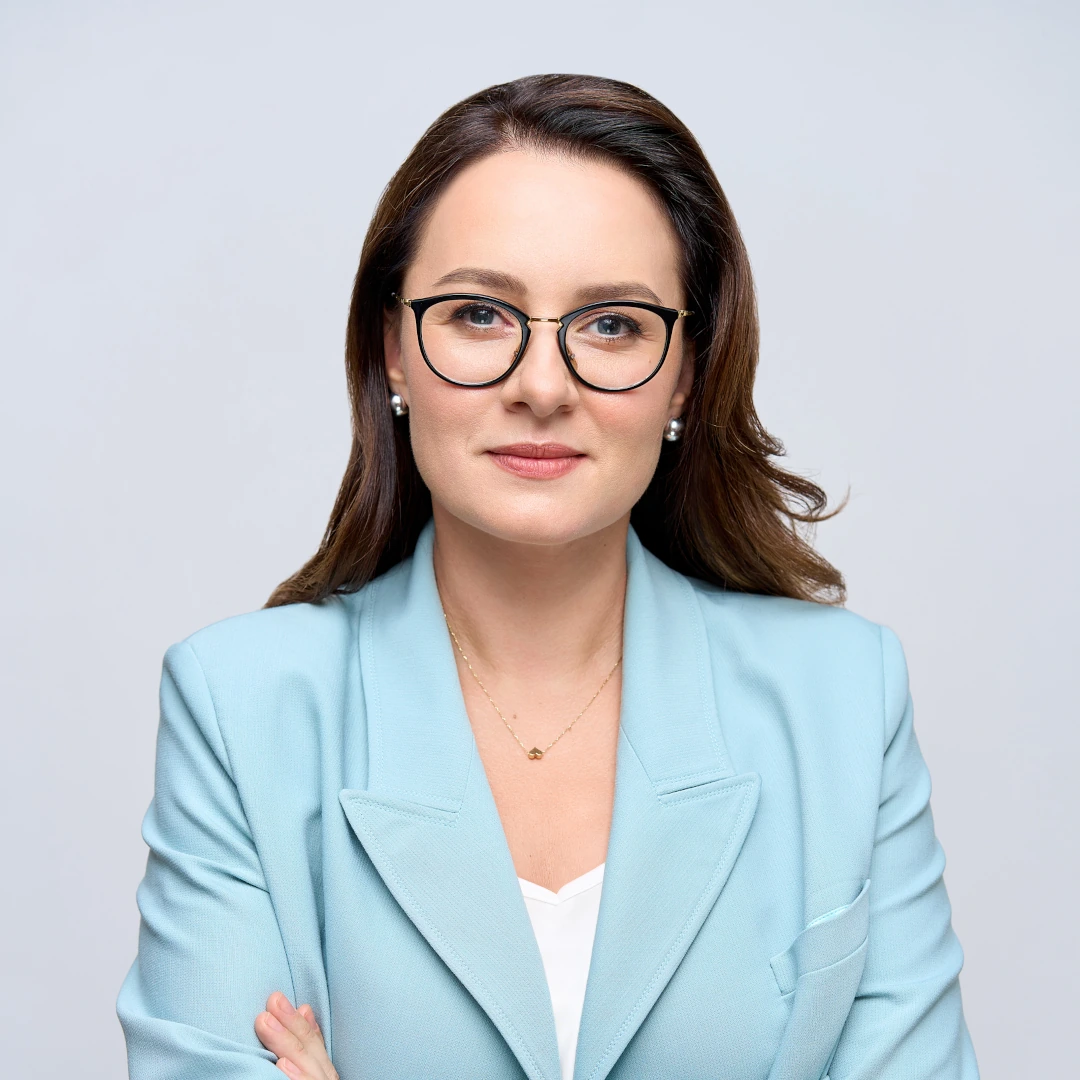
“To ensure the demining of Ukrainian land takes not centuries but less than a decade, besides traditional demining methods, we need innovative technologies. Ukraine is already using drones and satellite images for surveying land, and artificial intelligence for analysis and prioritization. But to scale up these approaches, we need partner support.”
First Deputy Prime Minister and Minister of Economy of Ukraine Yuliia Svyrydenko
One of the most effective methods is analysing satellite images of mined areas with neural networks. Special sensors mounted on drones are being tested for mine detection. Certification of these technologies will make it easier and faster to demine. Searching for innovative approaches, which save Ukrainian lives and provide food to millions of people around the world, is a joint task for the global community. And these efforts are already yielding results. Demining, along with unlocking export logistics, helped increase wheat exports to African countries by 40.6% last season, according to the Ministry of Economy of Ukraine. This project is an opportunity to learn about the soul of Ukrainian land through its main symbol — the ear of wheat, which has also become a symbol of hope and resilience.

Art Project
The “world's most valuable meal” described above, along with four linen napkins, each embroidered with an ear of wheat, are included in a gift set designed to draw public attention to the demining of Ukrainian land. These gift sets were given to the leaders of the international delegations participating in the International Conference on Mine Action in Ukraine (UMAC2024), organized by Switzerland and Ukraine in Lausanne on 17 and 18 October. This gift set is a reminder that the future of global food security is being shaped now, in Ukraine.
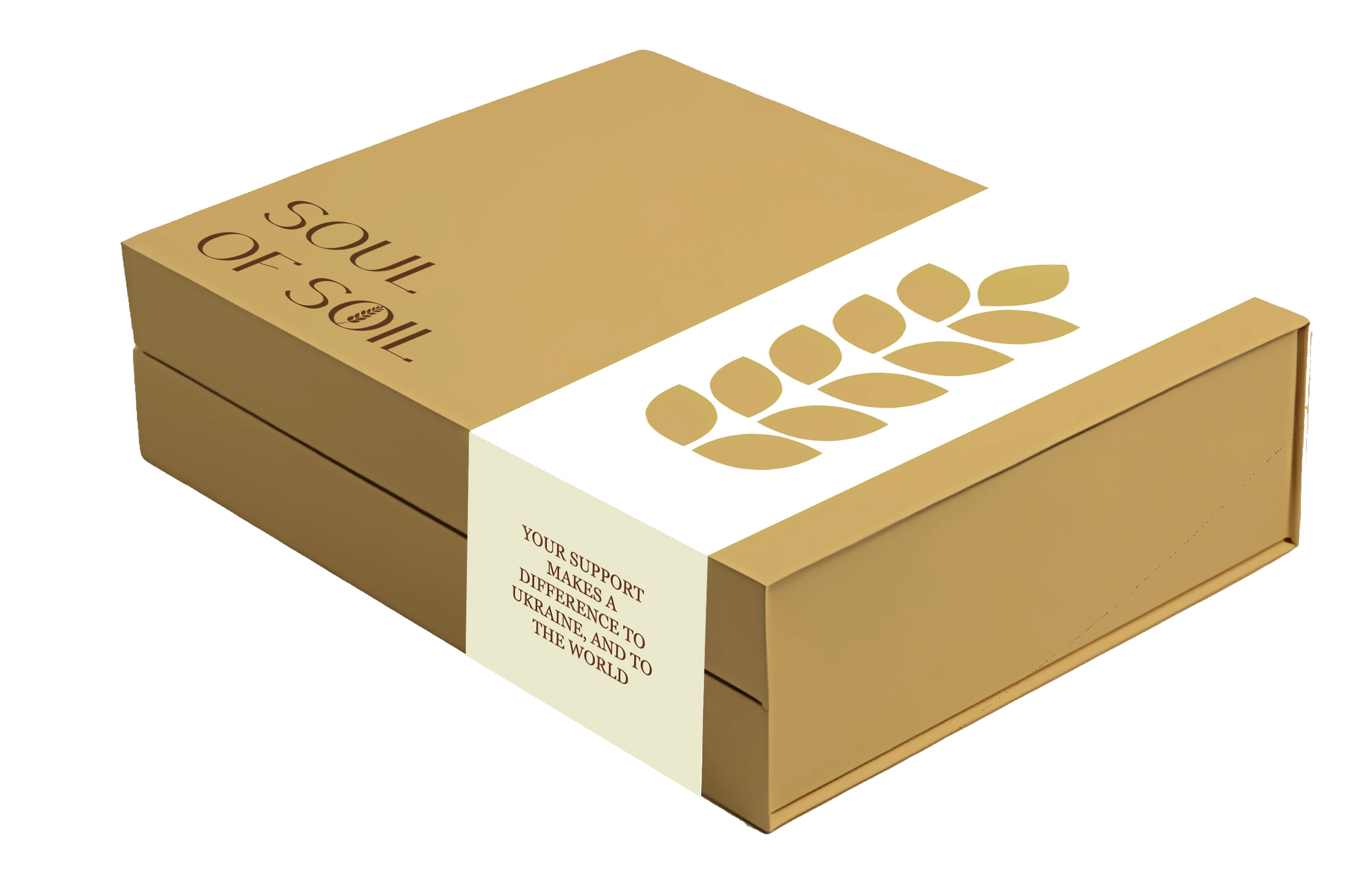
The linen dinner napkins with embroidered ears of wheat were created by Valentyna and Nadiya, participants in the Moim.Ridnym social project. Along with the vegetable appetizer, the napkins are part of an art project. A traditional Ukrainian symbol was chosen for the napkins to remind everyone that a saved ear of wheat can feed the world.
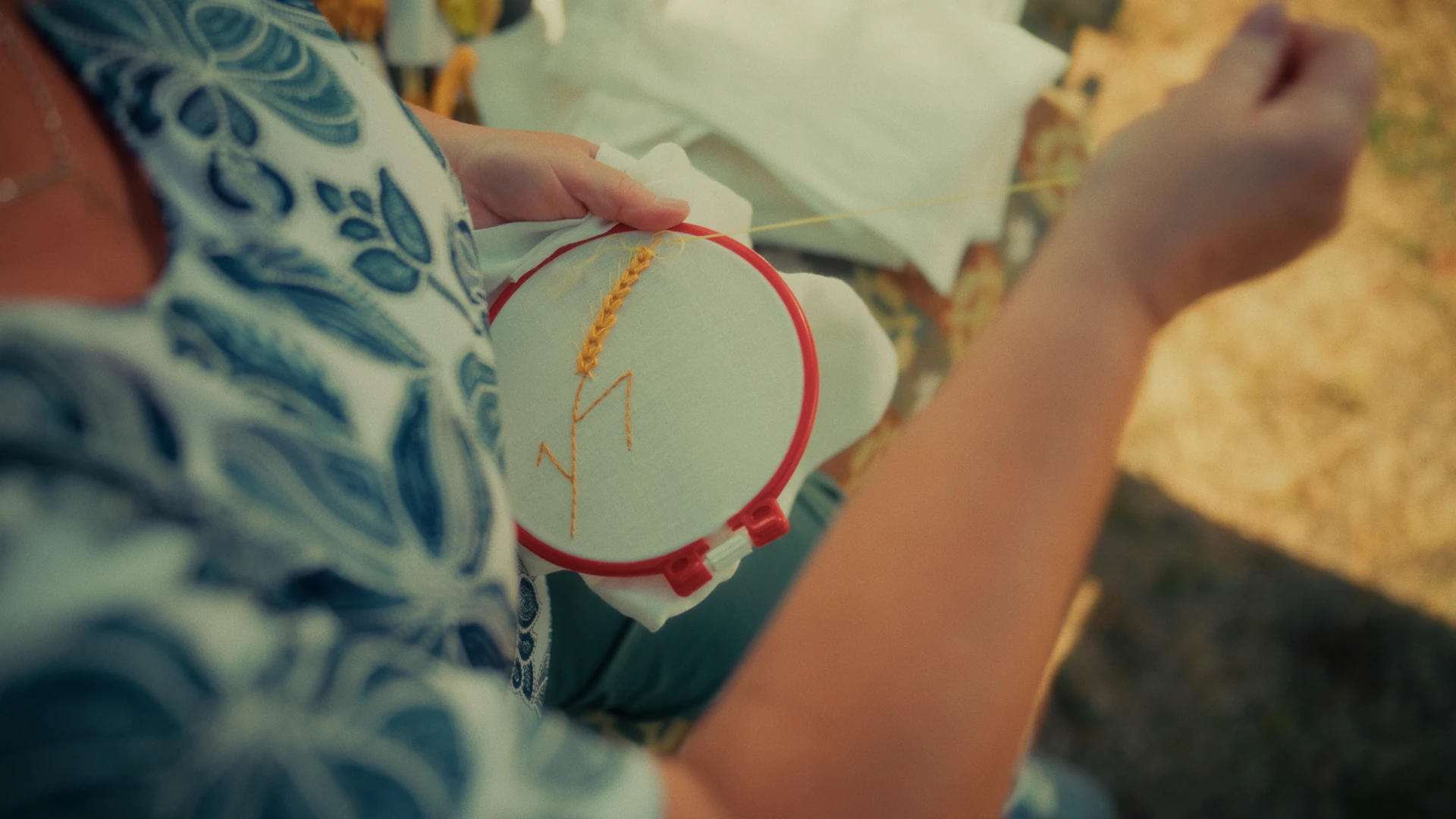
Moim.Ridnym
Moim.Ridnym is a social project aimed at empowering older women in Ukraine's border regions in Ukraine. Women from villages in Sumy Oblast embroider and knit, allowing them to express their creativity, feel the value of their work, and remain active in the labour market.
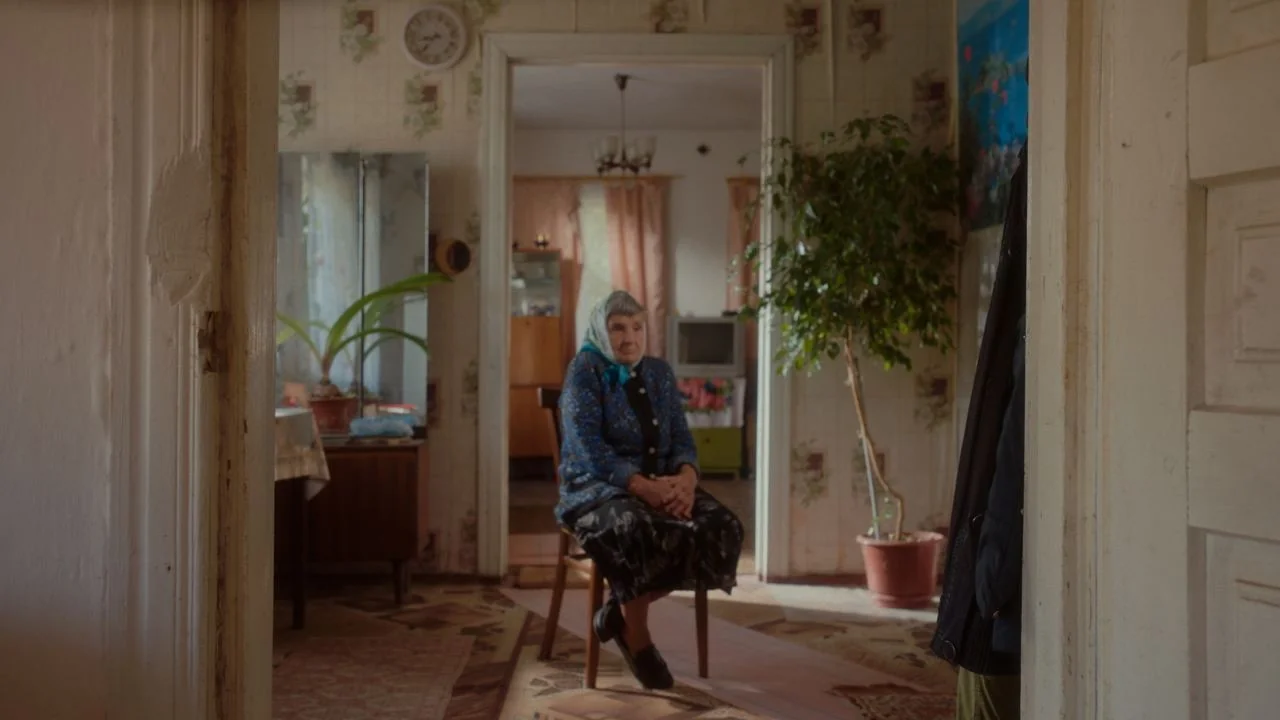
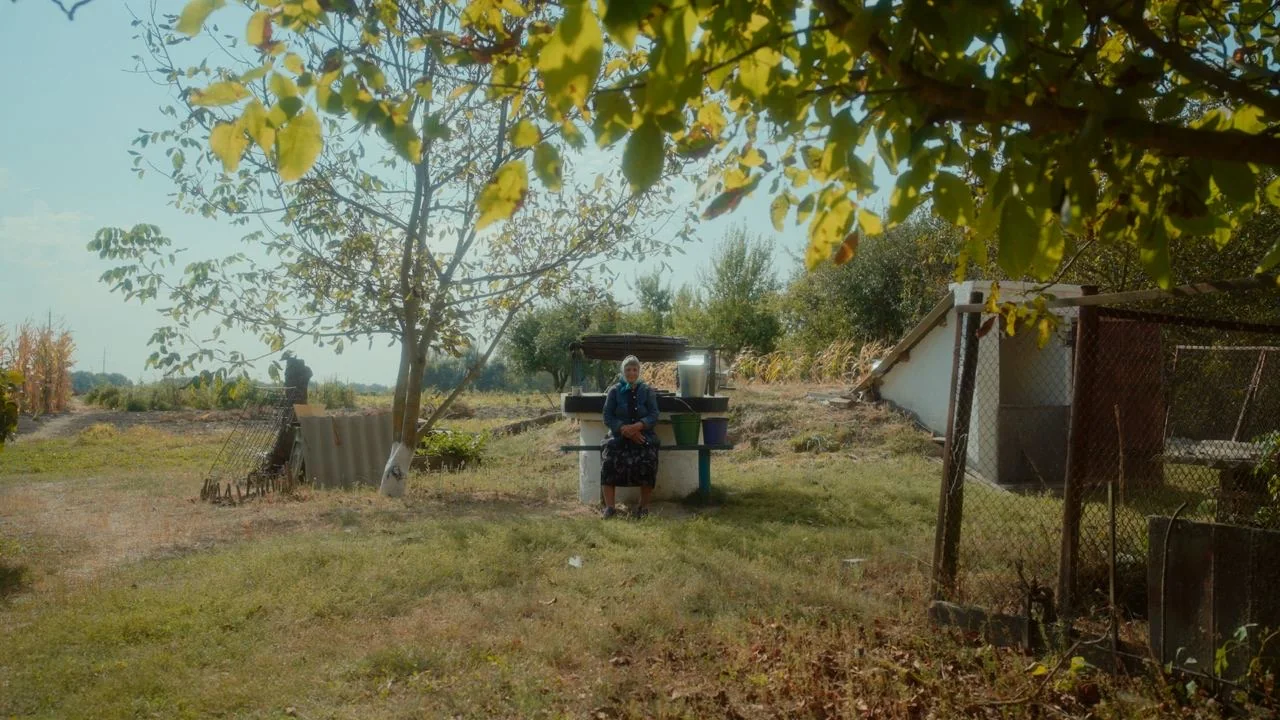
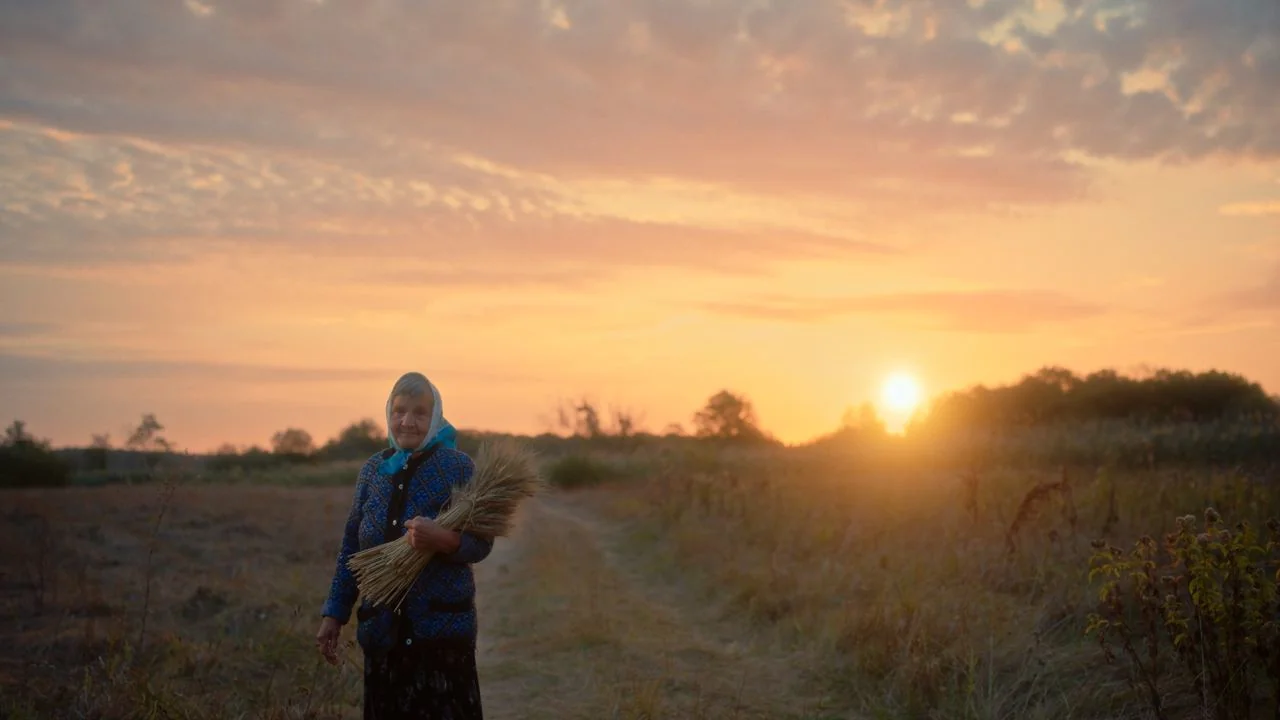
For two weeks, from 21 October to 5 November, the "Most Valuable Meal in the World" by Olga Martynovska will be served as a complementary entrée at two Kyiv restaurants: “Etre Sofie” at 24 Volodymyrska Street, and “Odesa” at 114 Velyka Vasylkivska Street. Come, taste, and learn more about the project and share your impressions on social networks so that as many people as possible learn about the importance of supporting demining processes in Ukraine. #SoulOfSoil #ДушаЗемлі

How UNDP supports mine action
Over the past three decades, UNDP and its partners have worked in over 50 countries, assisting them in addressing the challenges posed by landmines and other explosive ordnance. At the request of mine-affected states, UNDP supports the development of national capacity to release land back to peaceful and productive purposes - the crucial first step in fostering positive development outcomes like helping communities regain access to social services and restoring agricultural productivity and food supply chains. In Ukraine, UNDP supports the government across all areas of humanitarian mine action. UNDP coordinates the humanitarian response and international support to mine action, advises on the preparation and implementation of national strategies and standards, facilitates safe returns, reconstruction, and recovery through the provision of technical assistance and expertise, specialized equipment, and by leveraging innovative technologies such as satellite imagery, remote sensing, artificial intelligence and machine learning for rapid land release – significantly reducing the amount of suspected hazardous areas and aiding the restoration of agricultural land. Additionally, UNDP strives to enhance immediate and life-saving medical care, ongoing rehabilitation, mental health and psychosocial support, allowing those affected by landmines to lead fulfilling and dignified lives.




















